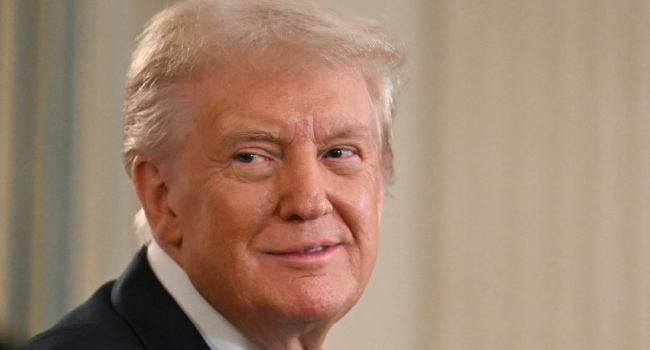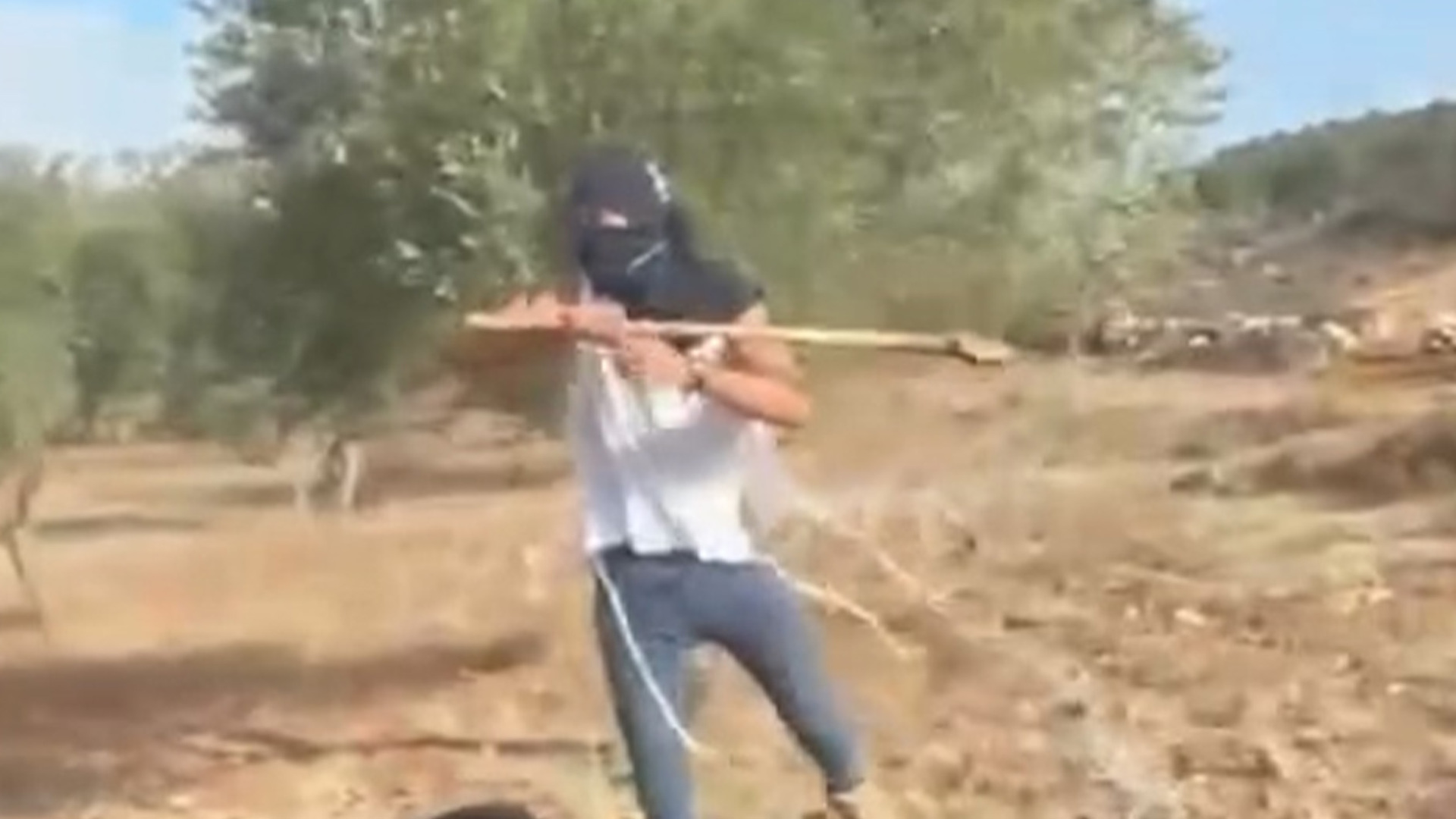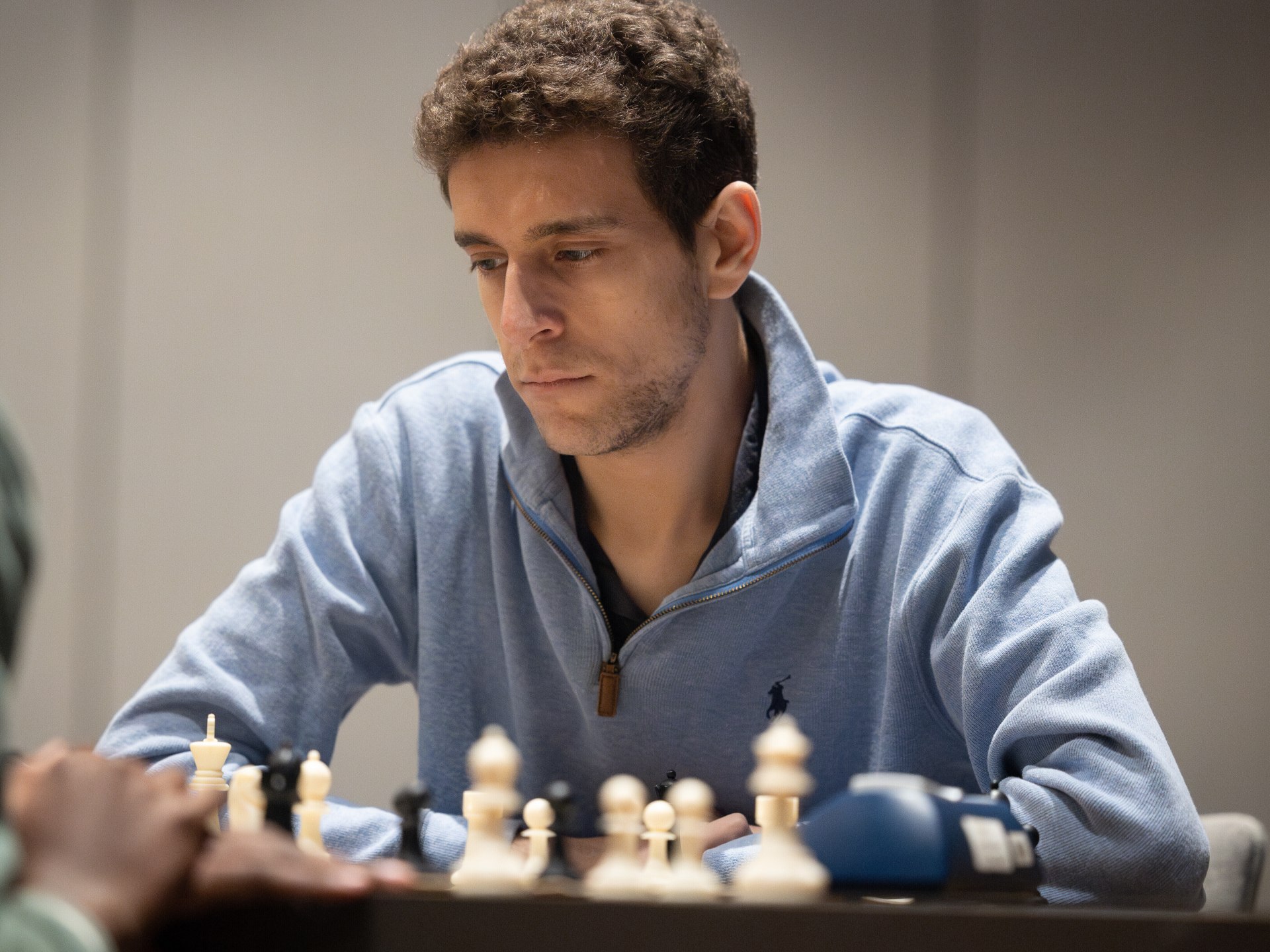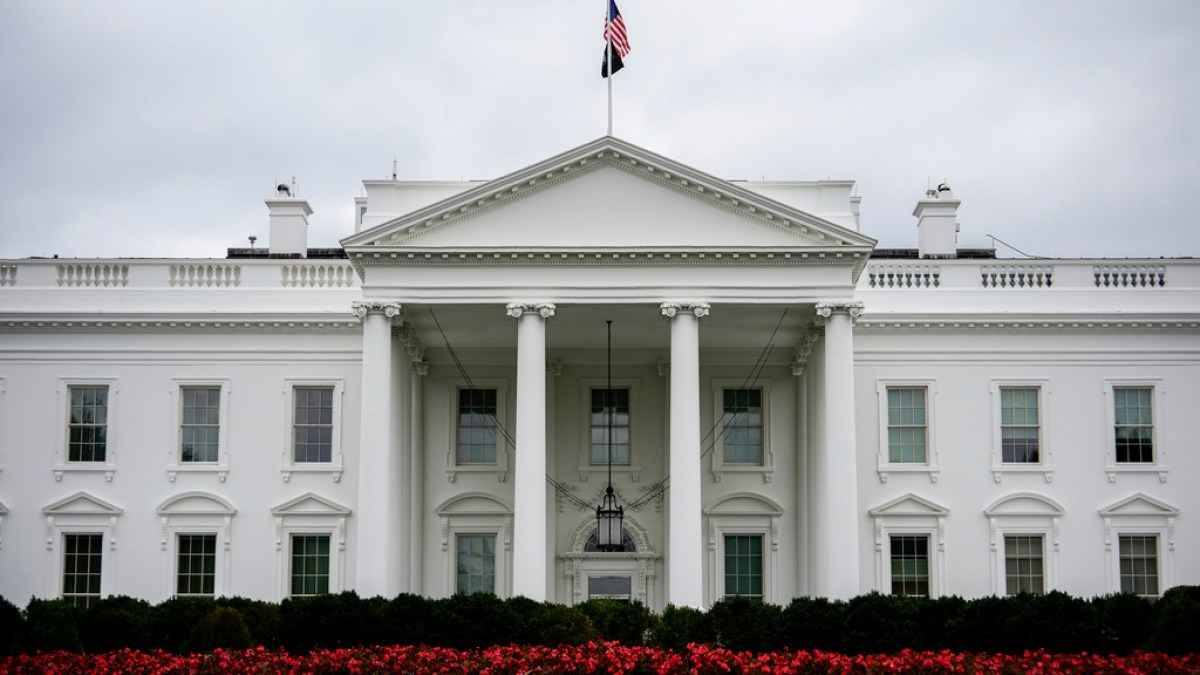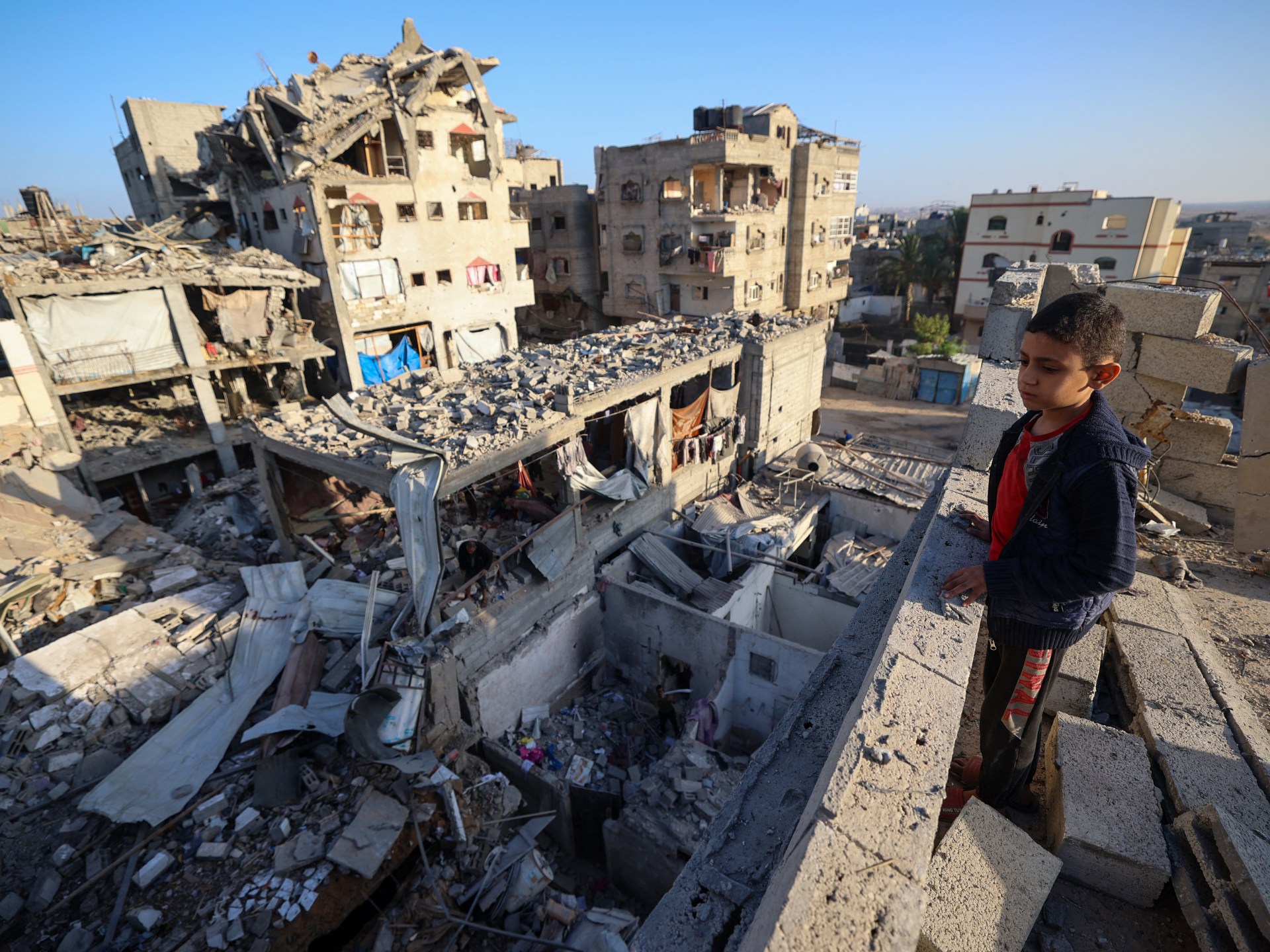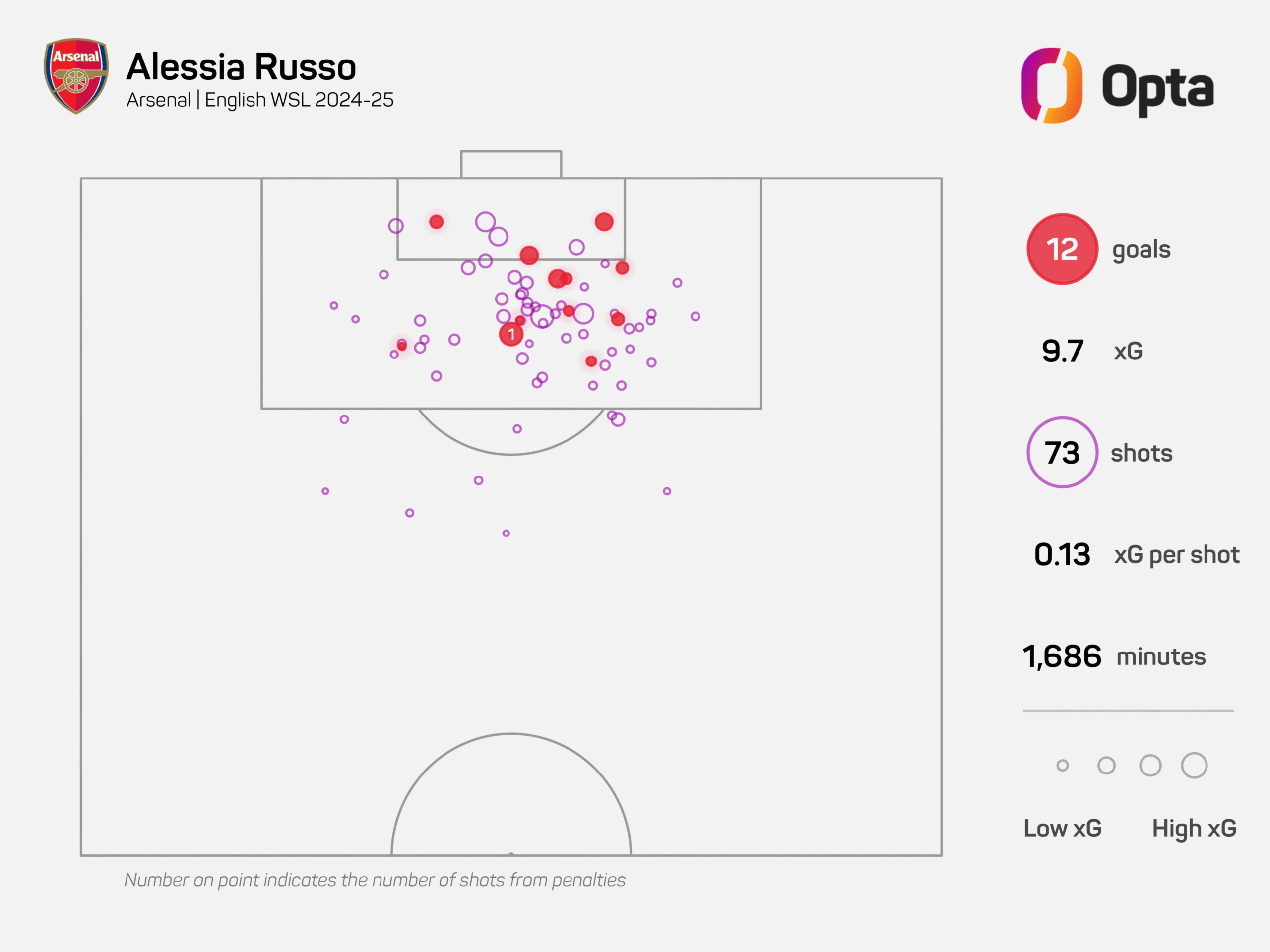
Donald Trump, the United States’ president, has sparked a global trade war by imposing tariffs on various products and nations.
Some of the tarriffs have either been implemented or are in wait to start, with a baseline tariff of 10% on all imports to the United States and additional duties on some goods or nations.
He has put in place or threatened to put in place a list of targeted tariffs.
TARIFFS WITH A SPECIFIC COUNTRY
Afghanistan – 15%
Algeria – 30%
Angola – 15%
Bangladesh – 20%
Continue reading Advertisement
Bolivia – 15%
30% Bosnia and Herzegovina
Botswana – 15%
Brazil: 50% for most goods
Brunei – 25%
Cambodia – 19%
Cameroon – 15%
Canada – 10% on energy-related products, and 35% on non-U.S. Canada-Mexico Agreement-related products.
Chad – 15%
China – 30% up until November 10 with additional tariffs on some goods. Trump has threatened to impose an additional 100% tariff starting on November 1.
Costa Rica – 15%
Cote d’Ivoire – 15%
15% of the population in the Democratic Republic of the Congo
Ecuador – 15%
Equatorial Guinea: 15%
15% on the majority of goods in the European Union
Falkland Islands 10%
Fiji – 15%
Ghana – 15%
Guyana – 15%
Iceland – 15%
India – 50%
Indonesia – 19%
Iraq – 35%
Israel – 15%
Japan – 15%
Jordan – 15%
Kazakhstan – 25%
Laos – 40%
Lesotho – 15%
Libya – 30%
Liechtenstein: 15%
Madagascar – 15%
Malawi – 15%
Malaysia – 19%
Mauritius – 15%
Mexico – 25% for goods that are not USMCA-restricted.
Moldova – 25%
Mozambique – 15%
Myanmar – 40%
Namibia – 15%
Nauru – 15%
New Zealand – 15%
Nicaragua – 18%
Nigeria – 15%
15% of North Macedonia
Norway – 15%
Pakistan – 19%
Papua New Guinea – 15%
Philippines – 19%
Serbia – 35%
South Africa – 30%
South Korea – 15%
Sri Lanka – 20%
Switzerland – 39%
Syria – 41%
Taiwan – 20%
Thailand – 19%
Trinidad and Tobago is 15%.
Tunisia – 25%
Turkey – 15%
Uganda – 15%
UK – 10%, with some imports of metal and auto products exempt from higher global rates.
Vanuatu – 15%
Vietnam: 20% for some goods, 40% for transshipments from third countries.
Zambia – 15%
Zimbabwe – 15%
IMF: Middle East, North Africa, and Growth Are Accelerated.
TARIFFS FOR PRODUCTS THREATENED BUT NOT EFFECTIVE
Large vehicles start shipping on November 1st, with a 25% increase for medium- and heavy-duty trucks and truck parts and 10% for buses.
Pharmaceuticals – 100%
Semiconductors – 100%
Movies – 100%
minerals that are crucial
engines, parts, and aircraft
Apple, iPhones – 25%
TARIFFS FOR PRODUCTS
50% of the total of steel and aluminum
25% for auto parts and vehicles
50% of finished goods include copper pipes, tubes, and other semi-finished goods.
